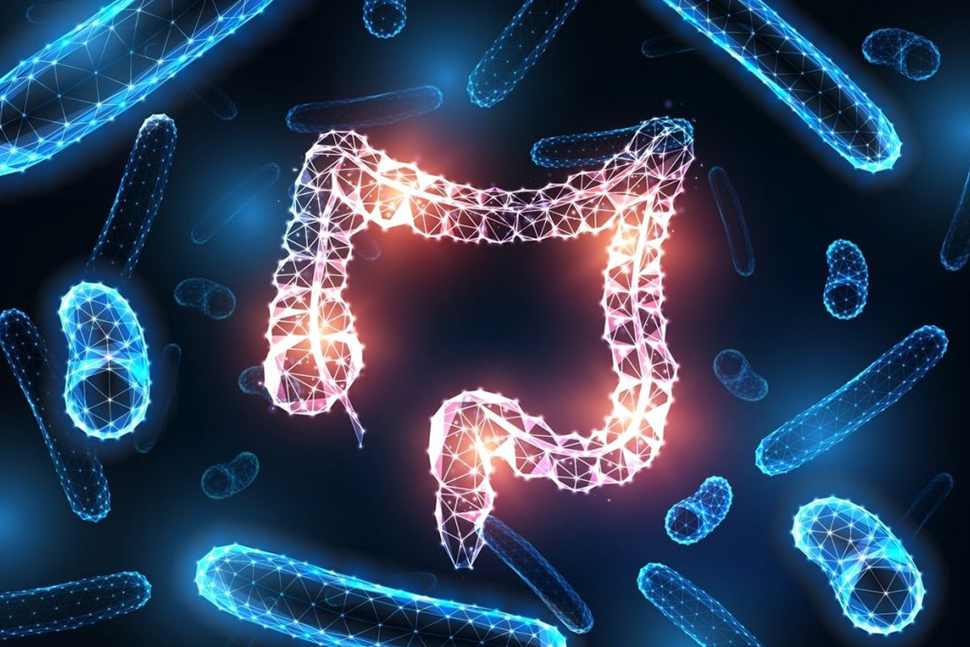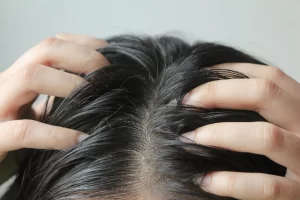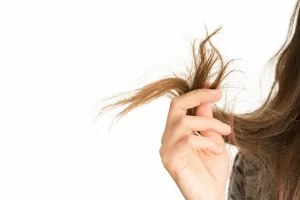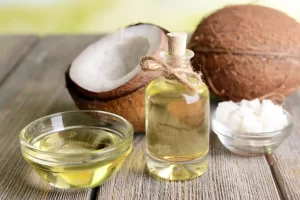
Explore the seven telltale signs that your estrobolome might be unhealthy. From digestive issues to unexplained fatigue. Find out why your symptoms aren’t just a bad gut feeling.
So grab a cup of kombucha, cozy up, and let’s unlock the secrets to a happier, healthier gut.
Your gut is made up of trillions of bacteria. Collectively, this special group of bacteria is called the estrobolome. Their job is to deal with the hormone, estrogen.
Estrogen is important for many functions in the human body. From the reproduction system, joint health, and the cardiovascular system.
The estrobolome plays a magical role in metabolizing estrogen. Breaking down and getting rid of excess estrogen that your body doesn’t need. This is essential in creating the optimal hormonal balance.
But unfortunately, this bacteria can become easily disrupted. This can change and alter the way the estrobolome functions. This means the bacteria can no longer metabolize or break down estrogen as well as before. Leading to excess levels in the body, causing hormones to become out of balance.
When your estrobolome is disrupted, it doesn’t break down estrogen so well. This can lead to imbalances in estrogen levels which can lead to gut inflammation.
When inflamed, gut motility is impacted. This can impact the movement of food through the digestive tract. This can result in symptoms such as diarrhea, constipation, bloating, and abdominal discomfort.
When the estrobolome is unhealthy, the metabolism of estrogen is impacted. This leads to either too much or too little estrogen in the body.
This is a big problem for weight changes. Estrogen is vital for fat metabolism and its distribution in the body. It means we can end up with too much excess and dangerous fat.
When the estrobolome is unhealthy, dysbiosis can occur. Dysbiosis refers to an imbalance in the good and bad bacteria in the gut. It happens when the composition and function of the gut microbiome is disrupted.
Dysbiosis weakens the strength of the gut barrier. It is often referred to as a leaky gut. This means undigested food particles, toxins, and bacteria can enter the body. They pass through the intestinal lining and enter the bloodstream.
It can trigger an immune response. This immune response can provoke the development of food sensitivities.
Dysregulation of estrogen levels can be caused by an unhealthy estrobolome. Estrogen plays a role in regulating energy metabolism and mitochondrial function. So when estrogen is off balance, it can affect cellular energy production. This may contribute to feelings of fatigue and lethargy.
Dysbiosis in the gut microbiome can lead to increased intestinal permeability (leaky gut). This allows toxins and other harmful substances to enter the bloodstream. This can trigger systemic inflammation. This can manifest as skin irritation, redness, and inflammation.
The gut microbiome plays a crucial role in regulating the immune system. Dysbiosis in the estrobolome can disrupt this delicate balance, leading to immune responses. Imbalances may promote the production of pro-inflammatory cytokines. This can trigger the activation of autoimmune pathways. This can contribute to the development of autoimmune diseases.
The gut microbiome is involved in the process of estrogen recycling. Dysbiosis in the estrobolome can affect this recycling process. Normally. estrogens are excreted into the intestines. But when dysbiosis occurs, they can be reabsorbed back into circulation. This can potentially lead to alterations in estrogen levels in the body.
Limit sugary and highly processed foods that feed harmful gut bacteria. Instead, focus on nourishing the healthy gut bacteria with these foods:
Eating a variety of these foods can help the health of your estrobolome. They enrich and nourish the good bacteria in your gut.
Chronic stress can negatively impact gut health. It can alter the composition of gut bacteria. For a healthy estrobolome, it’s important to incorporate stress-reducing practices. You can do this by:
Physical activity has been associated with a more diverse and balanced gut microbiome. Aim for at least 30 minutes of moderate exercise daily. This can increase the health of your gut, including the estrobolome.
Probiotics play a valuable role in promoting a healthy estrobolome. They can help support gut barrier function, reduce inflammation, and improve digestive health. If you’re on the hunt for the perfect probiotic, look no further than InnerGlow by CellaMD. It has everything you need to boost body-friendly bacteria. Restoring health to your estrobolome.
By nurturing the estrobolome, you can support optimal hormonal function and general well-being. Remember, small changes in daily habits can have a significant impact. Especially for the health of your gut and, ultimately your entire body.
Sources:
Related Articles










* These statements have not been evaluated by the Food and Drug Administration. This product is not intended to diagnose, treat, cure or prevent any disease.